CONCERNS OVER HIGH CONSUMER PRICES
입력 2022.11.03 (15:05)
수정 2022.11.03 (16:45)
읽어주기 기능은 크롬기반의
브라우저에서만 사용하실 수 있습니다.
[Anchor Lead]
Despite the central bank's efforts to tame inflation through multiple interest rate hikes, consumer prices remain high, meaning the key rate needs to be raised again. Authorities are scrambling to stop prices from rising further, but the situation has been complicated even more by the jittery short-term capital market due to the Legoland default.
[Pkg]
Public bath houses, which operate their boilers all day, have been especially hit hard by a recent hike in gas prices.
[Soundbite] Park Young-chun(Public bath house owner) : "It's hard for others but bath houses pay high electricity and gas fees. It's very tough."
If electricity and gas fees rise further, prices of other items will be pushed higher as well. The core price index has hit an all-time high yet again, even though seasonal factors such as prices of agricultural products and oil, or temporary shocks were not reflected in these numbers. The consumer price index appears to have peaked in July, but the current core price trend is exacerbating inflation. Even though the key rate has been raised to 3 percent, it wasn't enough to slow down inflation, meaning the basic interest rate needs to be raised more. However, concerns are rising over the snowballing household debt rooted in high interest rates on home loans and stagnation in the real estate market. The jittery capital market stemming from the Legoland Korea default is making the situation more complex for the Bank of Korea. Although the market is gradually returning to normal with the help of financial companies, the central government and the BOK, businesses still struggle to secure financing, both short- and long-term. Additional increase in interest rates could further affect the capital market, spreading anxiety to real estate project financing loans and small and mid-sized securities companies.
[Soundbite] Cho Young-moo(LG Business Research) : "It's easy to conclude that interest rates need to be raised, but it's a complicated matter for the BOK as the bond and capital markets are struggling and the value of the currency is weakening further."
To make matters worse, economic uncertainties continue to grow, with the potential risk of disruptions in grain exports from Ukraine and rising currency exchange rates stemming from additional austerity measures in the U.S.
Despite the central bank's efforts to tame inflation through multiple interest rate hikes, consumer prices remain high, meaning the key rate needs to be raised again. Authorities are scrambling to stop prices from rising further, but the situation has been complicated even more by the jittery short-term capital market due to the Legoland default.
[Pkg]
Public bath houses, which operate their boilers all day, have been especially hit hard by a recent hike in gas prices.
[Soundbite] Park Young-chun(Public bath house owner) : "It's hard for others but bath houses pay high electricity and gas fees. It's very tough."
If electricity and gas fees rise further, prices of other items will be pushed higher as well. The core price index has hit an all-time high yet again, even though seasonal factors such as prices of agricultural products and oil, or temporary shocks were not reflected in these numbers. The consumer price index appears to have peaked in July, but the current core price trend is exacerbating inflation. Even though the key rate has been raised to 3 percent, it wasn't enough to slow down inflation, meaning the basic interest rate needs to be raised more. However, concerns are rising over the snowballing household debt rooted in high interest rates on home loans and stagnation in the real estate market. The jittery capital market stemming from the Legoland Korea default is making the situation more complex for the Bank of Korea. Although the market is gradually returning to normal with the help of financial companies, the central government and the BOK, businesses still struggle to secure financing, both short- and long-term. Additional increase in interest rates could further affect the capital market, spreading anxiety to real estate project financing loans and small and mid-sized securities companies.
[Soundbite] Cho Young-moo(LG Business Research) : "It's easy to conclude that interest rates need to be raised, but it's a complicated matter for the BOK as the bond and capital markets are struggling and the value of the currency is weakening further."
To make matters worse, economic uncertainties continue to grow, with the potential risk of disruptions in grain exports from Ukraine and rising currency exchange rates stemming from additional austerity measures in the U.S.
■ 제보하기
▷ 카카오톡 : 'KBS제보' 검색, 채널 추가
▷ 전화 : 02-781-1234, 4444
▷ 이메일 : kbs1234@kbs.co.kr
▷ 유튜브, 네이버, 카카오에서도 KBS뉴스를 구독해주세요!
- CONCERNS OVER HIGH CONSUMER PRICES
-
- 입력 2022-11-03 15:05:03
- 수정2022-11-03 16:45:04
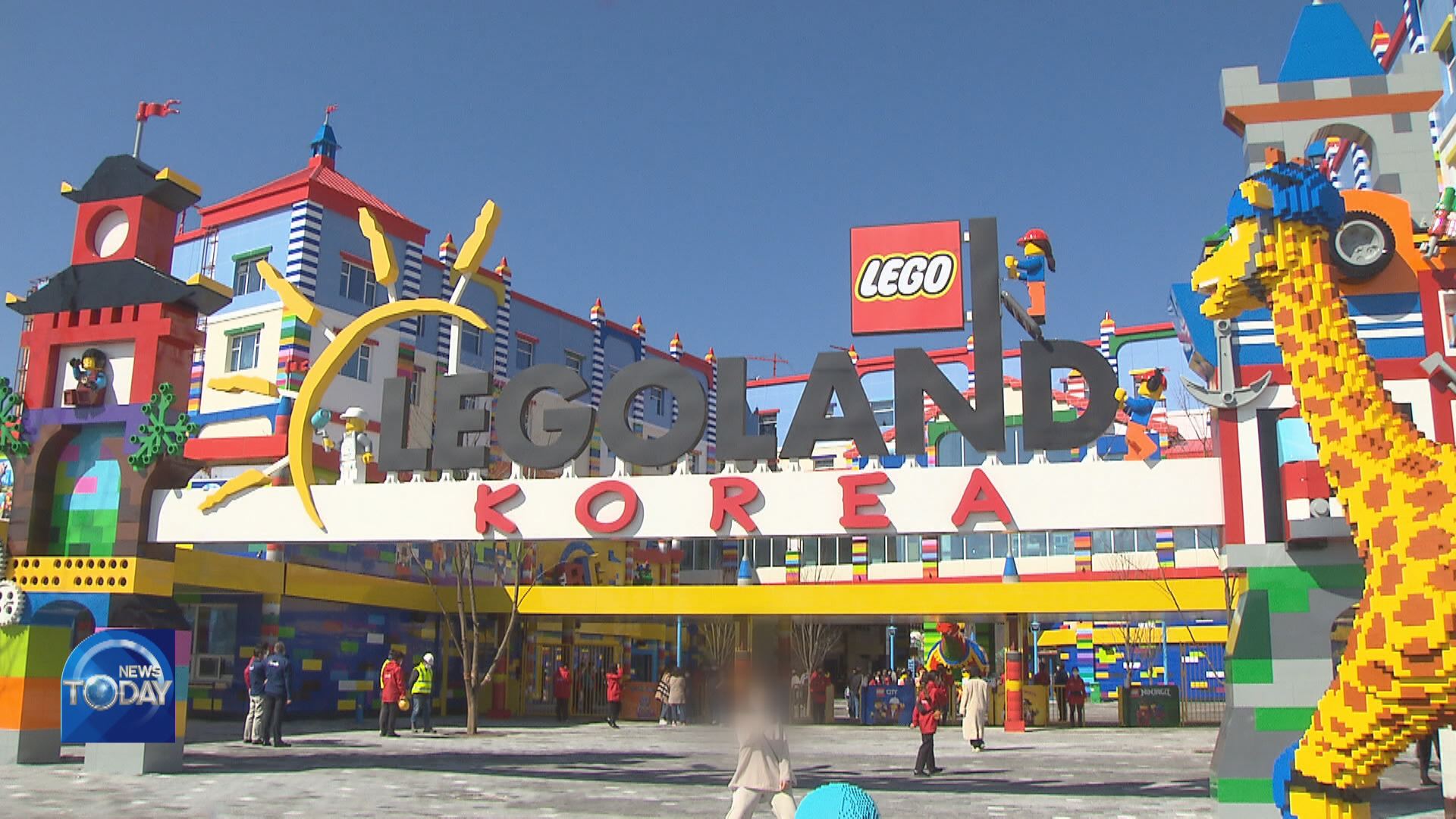
[Anchor Lead]
Despite the central bank's efforts to tame inflation through multiple interest rate hikes, consumer prices remain high, meaning the key rate needs to be raised again. Authorities are scrambling to stop prices from rising further, but the situation has been complicated even more by the jittery short-term capital market due to the Legoland default.
[Pkg]
Public bath houses, which operate their boilers all day, have been especially hit hard by a recent hike in gas prices.
[Soundbite] Park Young-chun(Public bath house owner) : "It's hard for others but bath houses pay high electricity and gas fees. It's very tough."
If electricity and gas fees rise further, prices of other items will be pushed higher as well. The core price index has hit an all-time high yet again, even though seasonal factors such as prices of agricultural products and oil, or temporary shocks were not reflected in these numbers. The consumer price index appears to have peaked in July, but the current core price trend is exacerbating inflation. Even though the key rate has been raised to 3 percent, it wasn't enough to slow down inflation, meaning the basic interest rate needs to be raised more. However, concerns are rising over the snowballing household debt rooted in high interest rates on home loans and stagnation in the real estate market. The jittery capital market stemming from the Legoland Korea default is making the situation more complex for the Bank of Korea. Although the market is gradually returning to normal with the help of financial companies, the central government and the BOK, businesses still struggle to secure financing, both short- and long-term. Additional increase in interest rates could further affect the capital market, spreading anxiety to real estate project financing loans and small and mid-sized securities companies.
[Soundbite] Cho Young-moo(LG Business Research) : "It's easy to conclude that interest rates need to be raised, but it's a complicated matter for the BOK as the bond and capital markets are struggling and the value of the currency is weakening further."
To make matters worse, economic uncertainties continue to grow, with the potential risk of disruptions in grain exports from Ukraine and rising currency exchange rates stemming from additional austerity measures in the U.S.
Despite the central bank's efforts to tame inflation through multiple interest rate hikes, consumer prices remain high, meaning the key rate needs to be raised again. Authorities are scrambling to stop prices from rising further, but the situation has been complicated even more by the jittery short-term capital market due to the Legoland default.
[Pkg]
Public bath houses, which operate their boilers all day, have been especially hit hard by a recent hike in gas prices.
[Soundbite] Park Young-chun(Public bath house owner) : "It's hard for others but bath houses pay high electricity and gas fees. It's very tough."
If electricity and gas fees rise further, prices of other items will be pushed higher as well. The core price index has hit an all-time high yet again, even though seasonal factors such as prices of agricultural products and oil, or temporary shocks were not reflected in these numbers. The consumer price index appears to have peaked in July, but the current core price trend is exacerbating inflation. Even though the key rate has been raised to 3 percent, it wasn't enough to slow down inflation, meaning the basic interest rate needs to be raised more. However, concerns are rising over the snowballing household debt rooted in high interest rates on home loans and stagnation in the real estate market. The jittery capital market stemming from the Legoland Korea default is making the situation more complex for the Bank of Korea. Although the market is gradually returning to normal with the help of financial companies, the central government and the BOK, businesses still struggle to secure financing, both short- and long-term. Additional increase in interest rates could further affect the capital market, spreading anxiety to real estate project financing loans and small and mid-sized securities companies.
[Soundbite] Cho Young-moo(LG Business Research) : "It's easy to conclude that interest rates need to be raised, but it's a complicated matter for the BOK as the bond and capital markets are struggling and the value of the currency is weakening further."
To make matters worse, economic uncertainties continue to grow, with the potential risk of disruptions in grain exports from Ukraine and rising currency exchange rates stemming from additional austerity measures in the U.S.
이 기사가 좋으셨다면
-
좋아요
0
-
응원해요
0
-
후속 원해요
0










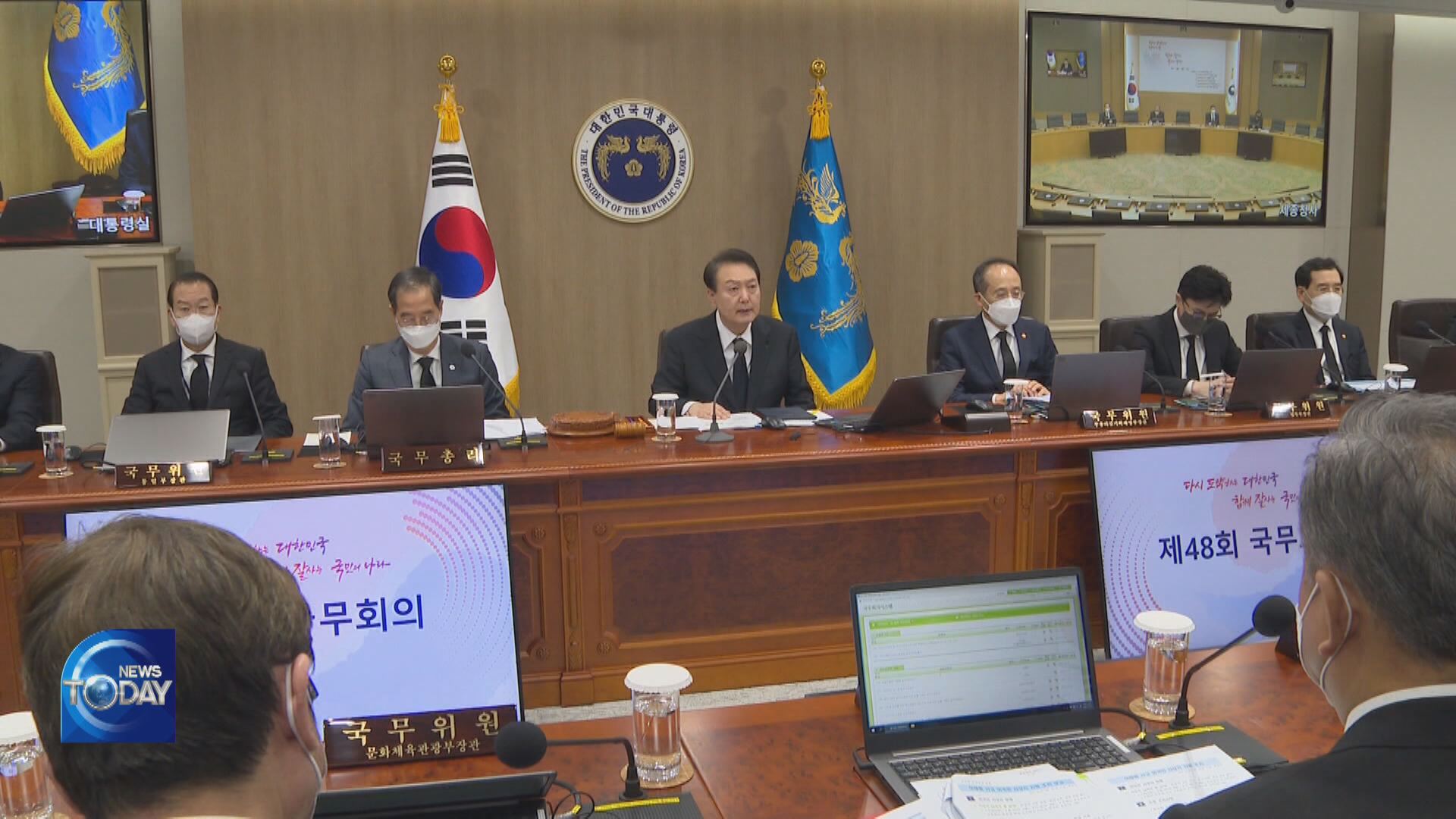
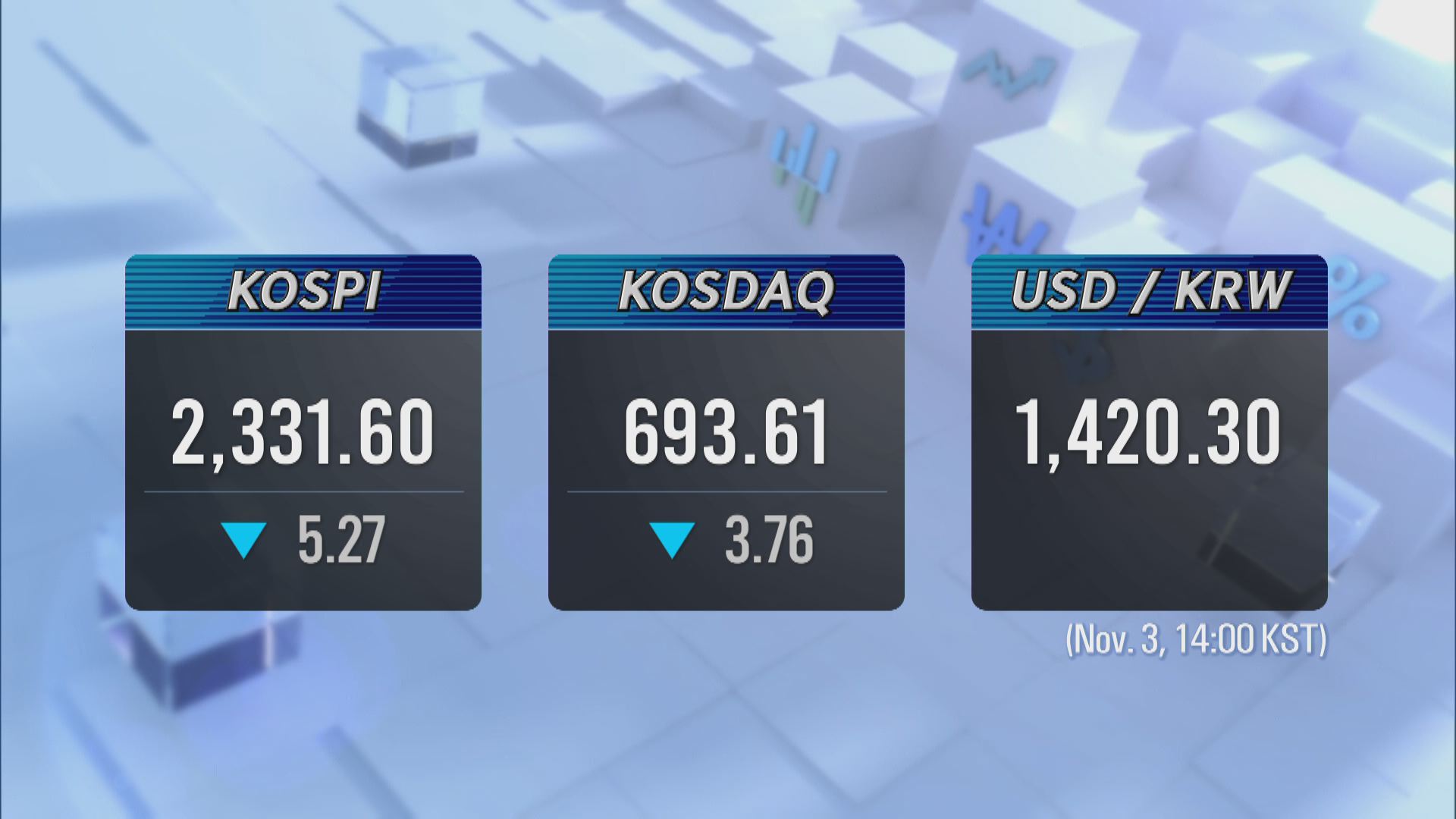
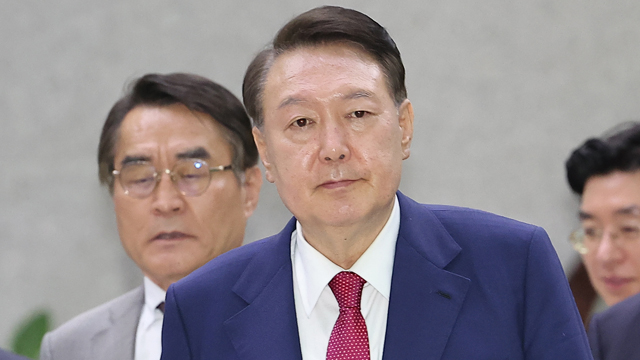

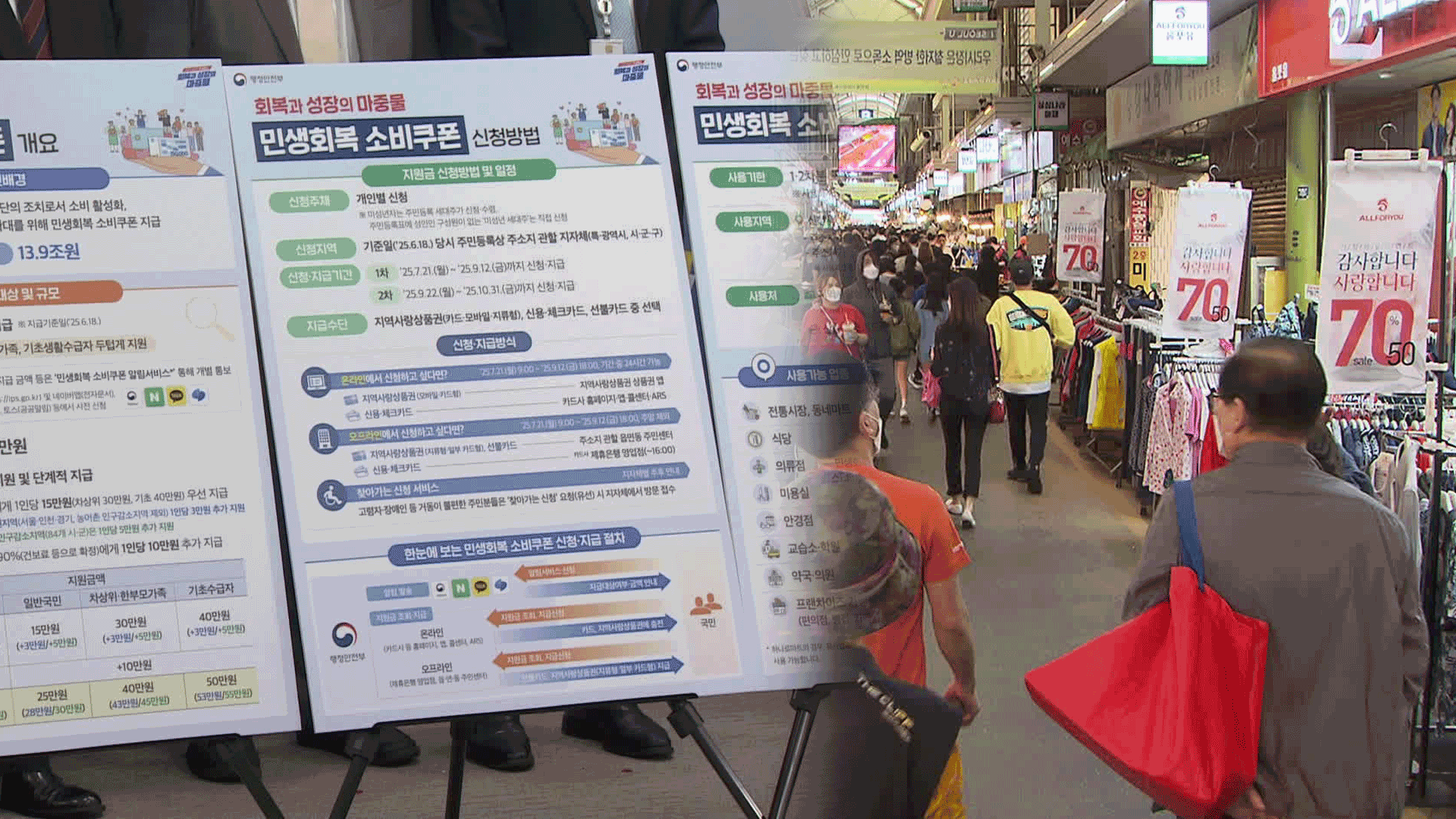
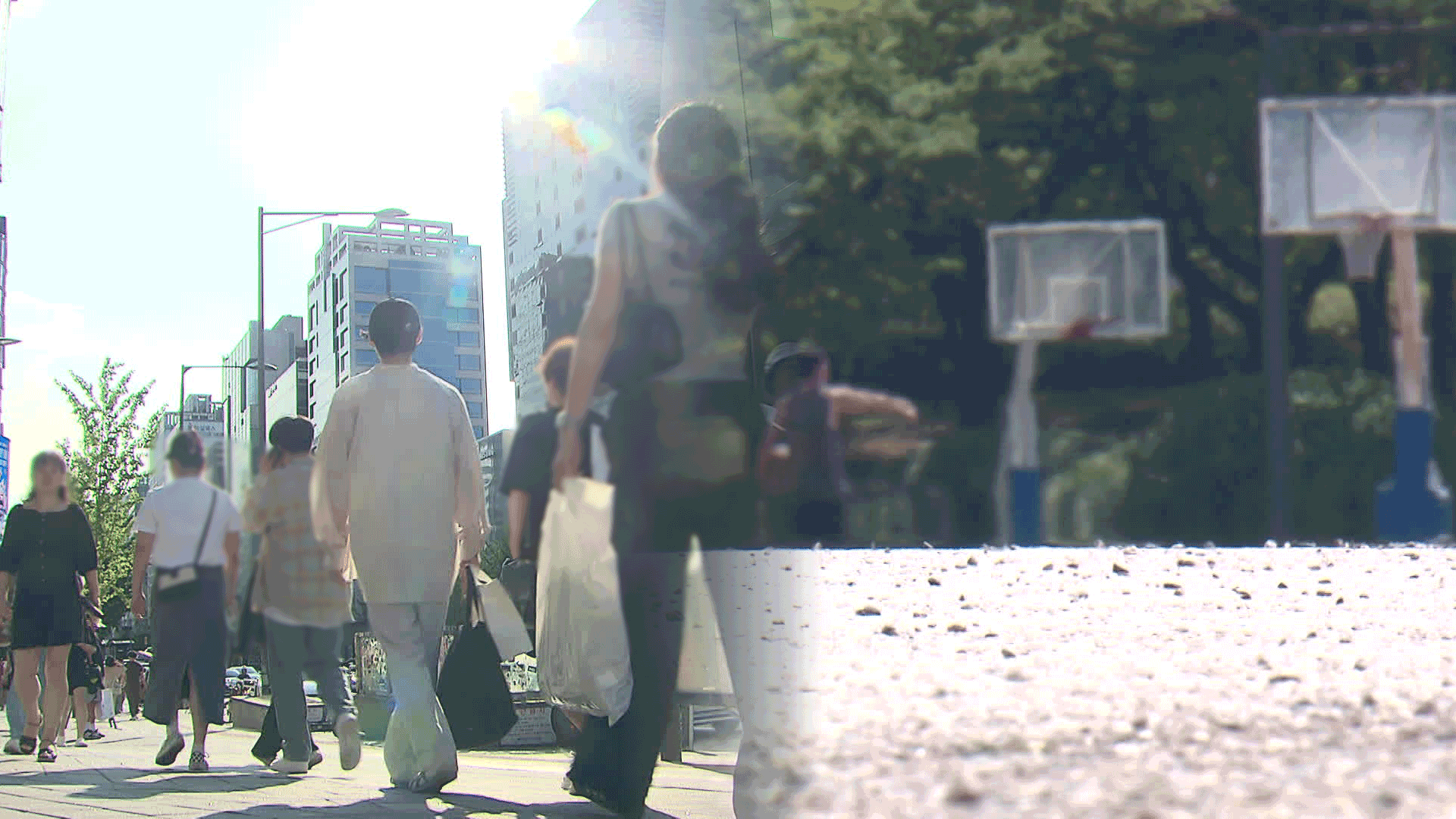

이 기사에 대한 의견을 남겨주세요.